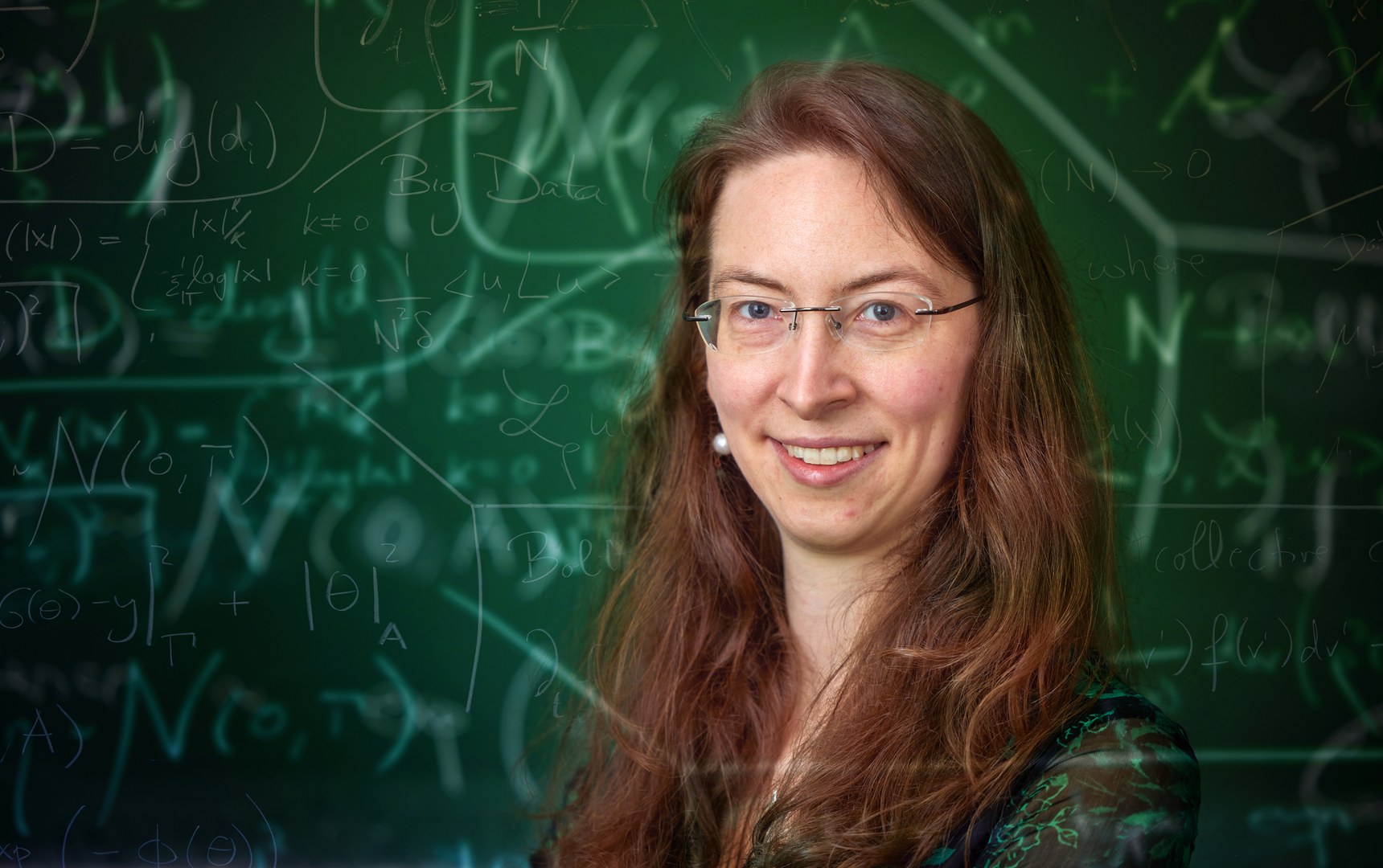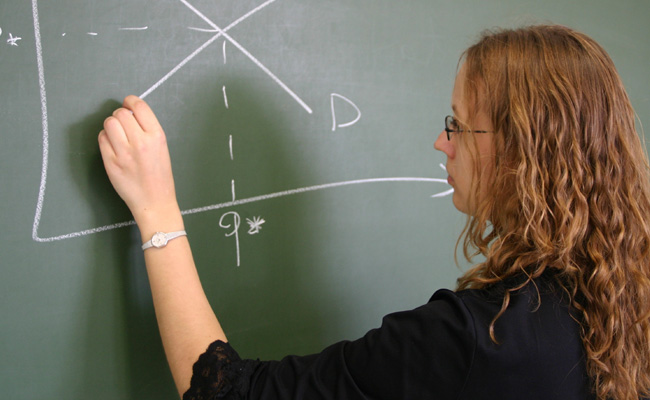
Acquiring a Bachelor of Science (BS) in Mathematics is intellectually stimulating and rewarding. This article highlights the eligibility criteria required to pursue a BS Mathematics degree. By understanding the prerequisites and qualifications, aspiring mathematicians can chart their path toward academic success and professional fulfillment.

High School Education and Foundation
A solid foundation in mathematics begins in high school, laying the groundwork for successfully pursuing a BS Mathematics degree. This paragraph will delve into the significance of a solid high school education and the core subjects necessary to qualify for a BS Mathematics program. Courses such as algebra, geometry, calculus, and statistics are essential for advanced mathematical concepts.Academic Performance
To gain admission into a reputable institution offering a BS Mathematics program, a prospective student’s academic performance plays a pivotal role. This section will discuss the significance of maintaining a solid academic record throughout high school, emphasizing the importance of high grades in mathematics-related courses. Exceptional performance in these subjects showcases an individual’s passion for mathematics and ability to handle complex concepts effectively.Standardized Tests
Besides academic performance, standardized tests are a crucial measure of a student’s mathematical aptitude and readiness for higher education. This paragraph will highlight the significance of tests such as the SAT (Scholastic Aptitude Test) or ACT (American College Testing) and their mathematics sections. High scores in these tests demonstrate proficiency in mathematical reasoning and problem-solving skills.Prerequisite Courses
Once admitted to a BS Mathematics program, students may encounter specific prerequisite courses to ensure a strong foundation before diving into advanced coursework. This section will discuss calculus, linear algebra, and differential equations, which provide essential tools and concepts for higher-level mathematics courses. Completing these prerequisite courses demonstrates students’ readiness to tackle more complex mathematical topics.






